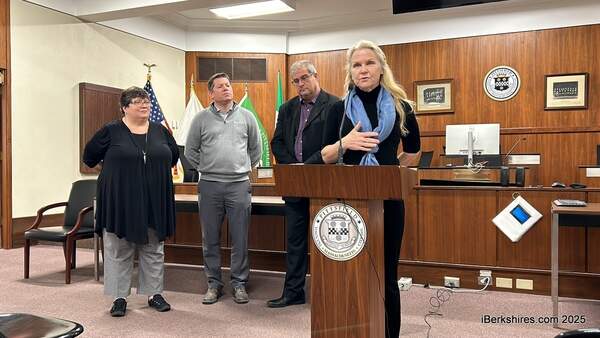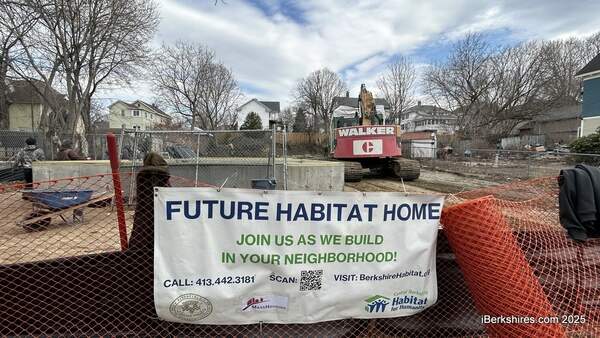National Grid Reminds Customers to Call 811 Before Digging
WALTHAM, Mass. — April is designated as National Safe Digging Month, and National Grid urges anyone planning on digging to call 811 to prevent damage to underground utilities.
This year, 74 percent of U.S. homeowners plan to dig on their property. Of those who are planning projects, more than 49.3 million Americans will put themselves and their communities at risk by not contacting 811 before digging. Digging without knowing the approximate location of underground utilities can result in serious injury or death, inconvenient service disruptions, and costly fines and repairs. Hitting underground gas, electric, communications, water, and sewer lines while digging can have a major impact on communities and businesses.
Making a free request before digging online at
http://www.811beforeyoudig.com/ or by calling 811 will help everyone who digs maintain essential utility service for their communities while keeping themselves and their neighbors safe by reducing the likelihood of accidentally digging into buried utility lines.
"Safe digging plays a critical role in ensuring the safety of our employees, the public, and local communities that we proudly serve daily. Four in 10 U.S. homeowners who are planning to dig on their property this year will not contact 811 at least a few days in advance. That's more than 49 million Americans who are putting themselves at serious risk of personal injury and utility service interruptions," said Mark Prewitt, Vice President of Pipeline Safety & Gas Compliance at National Grid. "Calling 811 before you dig will help to protect you and your family, as well as your neighbors and the local community."
Every digging project, no matter how large or small, warrants a call to 811. It's not only the safe and smart thing to do – it's the law. A call to 811 is the best safeguard and the first line of defense to preventing strikes on underground utility lines. The depth of utility lines can vary for several reasons, such as erosion, previous digging projects, and uneven surfaces. Utility lines must be appropriately marked in each previously marked location to avoid risk.
As part of National Safe Digging Month, National Grid encourages everyone to take the following steps when planning a digging project this spring:
-
Always contact 811 a few days before digging, regardless of the depth or familiarity with the property.
-
Plan ahead. Make a free 811 request on Monday or Tuesday for work planned for an upcoming weekend, providing ample time for the approximate location of lines to be marked.
-
Confirm that all lines have been marked.
-
Consider moving the location of your project if it is near utility line markings.
-
If a contractor has been hired, confirm that the contractor has contacted 811. Don't allow work to begin if the lines aren't marked.
Visit www.811beforeyoudig.com for complete information.
Everyone who contacts 811 before digging is connected to a local 811 center that will take the caller's information and communicate it to local utility companies. Professional locators will then visit the dig site to mark the approximate location of underground utility lines with spray paint, flags, or both. Once a site has been accurately marked, it is safe to begin digging around the marked areas. The service is easy to use and free of charge.
State laws mandate that 811 must be contacted a few days before beginning projects requiring excavation. Failure to call 811 may be punishable by fines, which in some states can be as high as $1,000 for a first offense and $10,000 for subsequent violations.
National Grid works closely with local fire and police departments; with their strong support, people are calling before they dig. Calling 811 can avoid an incident that requires police and fire response.
Tags: National Grid,















